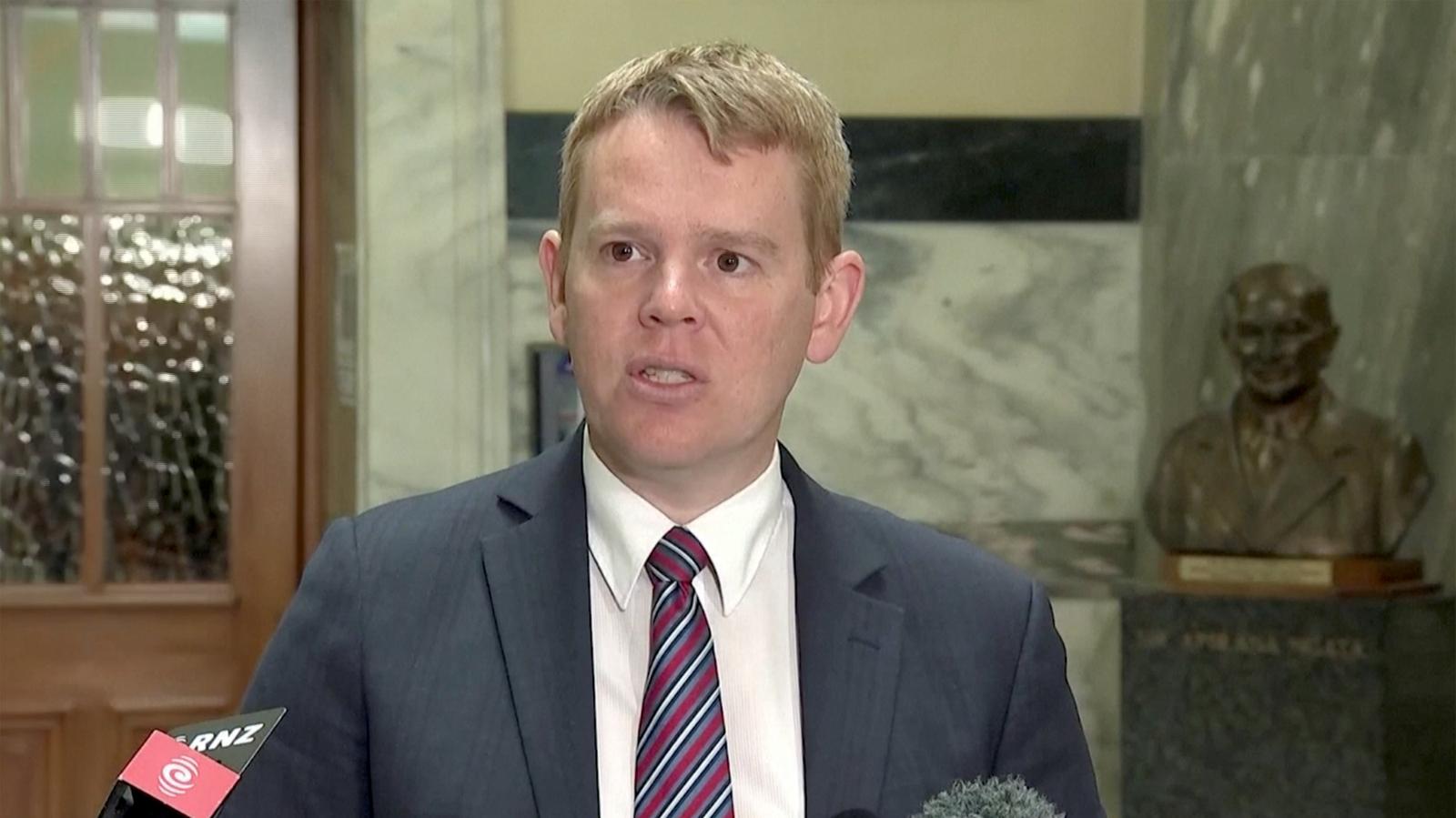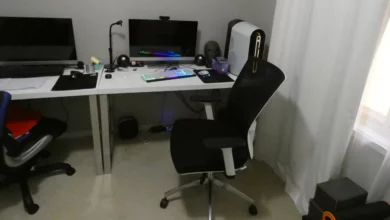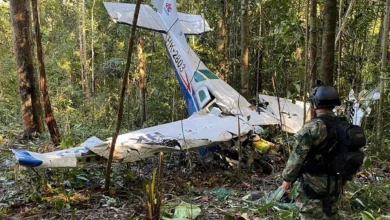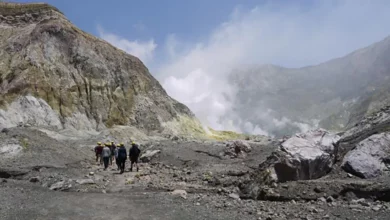
WELLINGTON (Reuters) – Up to a quarter of a million children, young people and vulnerable adults were physically and sexually abused in New Zealand’s faith-based and state care institutions from the 1960s to early 2000s, a public inquiry revealed on Wednesday.
An interim report by the Royal Commission of Inquiry found children, some from as young as nine months old, suffered years of abuse, which included rape and electric shock treatment, by staff at psychiatric and state care facilities, clergy and foster guardians.
The report estimated that up to 256,000 people were abused, accounting for almost 40% of the 655,000 people in care during the period, with most abuse occurring in the 1970s and 1980s.
“The hurt and anguish that has been caused in New Zealand’s history is inexcusable,” said Minister for the Public Service Chris Hipkins, who described the report as a “difficult read”.
“All children in the care of the state should be safe from harm, but as the testimony sets out all too often the opposite was true.”
The report said most abuse survivors were aged between 5 and 17. Most were abused over a five to 10 year period.
The abuse included physical assault and sexual abuse, with staff in some psychiatric institutions forcing male patients to rape female patients. It also included the improper use of medical procedures including electric shocks on genitals and legs, improper strip searches and vaginal examinations, and verbal abuse and racial slurs.
“Sometimes I’d have shock treatment twice a day,” said Anne, who at 17 was placed in a psychiatric institution in 1979.
“The records (said) I went blind, then they gave me shock treatment again that night,” she told the inquiry.
Prime Minister Jacinda Ardern announced the Royal Commission in 2018 saying the country needed to confront “a dark chapter” in its history, and later expanded it to include churches and other faith-based institutions.
The report said the likelihood of children and young people abused in faith-based or religious homes ranges from 21% to 42%.
It found the number of people passing through care institutions was six times higher than previously estimated.
“On any assessment this is a serious and long-standing social problem that needs to be addressed,” the report said, adding there was evidence that abuse continued today.
MAORI DISADVANTAGED
The Royal Commission will make recommendations to the government in its final report. It is one of longest and most complex commissions of inquiry undertaken in New Zealand.
The interim report on Wednesday comes after private and public redress hearings where survivors bravely narrated harrowing accounts of physical and sexual abuse.
One indigenous Maori survivor, Peter, told the inquiry he drove a car off a cliff in an attempt to suicide to escape the abuse.
“I didn’t wanna live anymore. I went over a cliff and smashed head-on into a bank. Again, if anybody just stopped and looked at why, they would have figured something out, but they didn’t,” he said.
Abuse survivors said a “culture of silence and secrecy” kept the abuse hidden to the outside world. The report said many survivors now suffer mental health issues, like post traumatic stress disorder and depression, and battle substance abuse.
The Catholic Church in Aotearoa New Zealand said it would study the report to learn how to deal with complaints and prevent abuse.
“We are deeply sorry for the harm caused to so many by the abuse they suffered, and we continue to express our profound sorrow,” said the Archbishop of Wellington Cardinal John Dew.
The report acknowledged that Maori children probably suffered the most, as 81% of children abused in care are Māori, while 69% of the children in care are Māori.
It said some faith-based institutions sought to “cleanse”, through sexual and physical abuse, the cultural identity from Maori people in care.
Thousands of Maori people protested across New Zealand last year calling for an end to the practice of taking at-risk children away from families and placing them in state care.
Critics of the practice have said the process is racially skewed against the Maori, and is a legacy of colonisation.
Neighbouring Australia delivered a national apology in 2017, after a five-year inquiry into child sexual abuse revealed thousands of cases of sexual misconduct largely committed at religious and state-run institutions.
Hipkins said the New Zealand government would make a decision on an apology once the Commission hands over its final report.
Reporting by Praveen Menon; Editing by Michael Perry
Image: Still image taken from video shows New Zealand’s Minister For Public Service Chris Hipkins talking to the media in Wellington, New Zealand December 16, 2020. TVNZ/Reuters TV/via REUTERS




